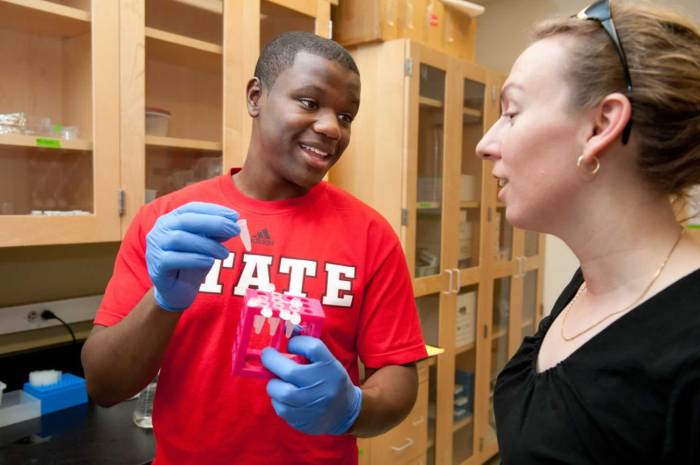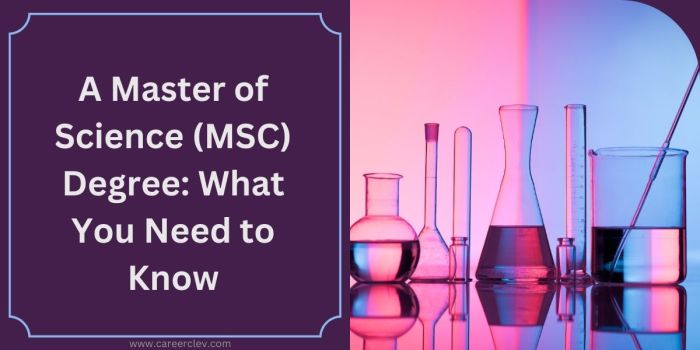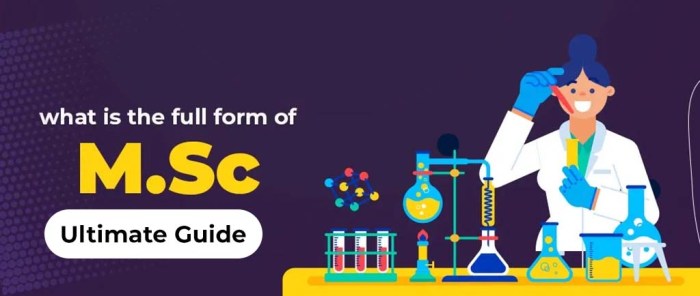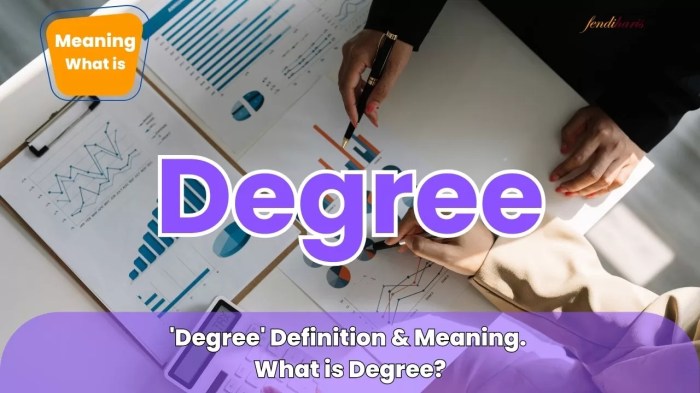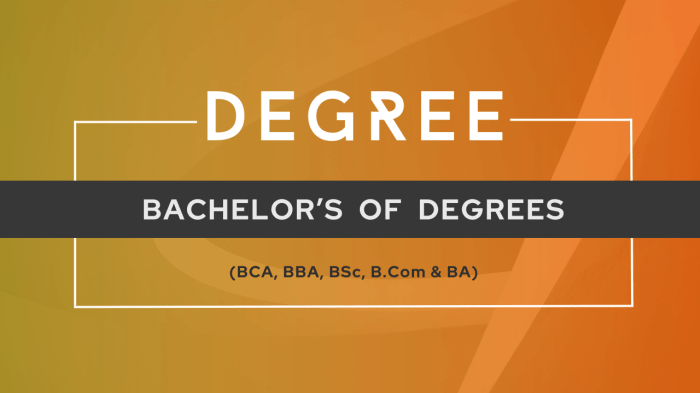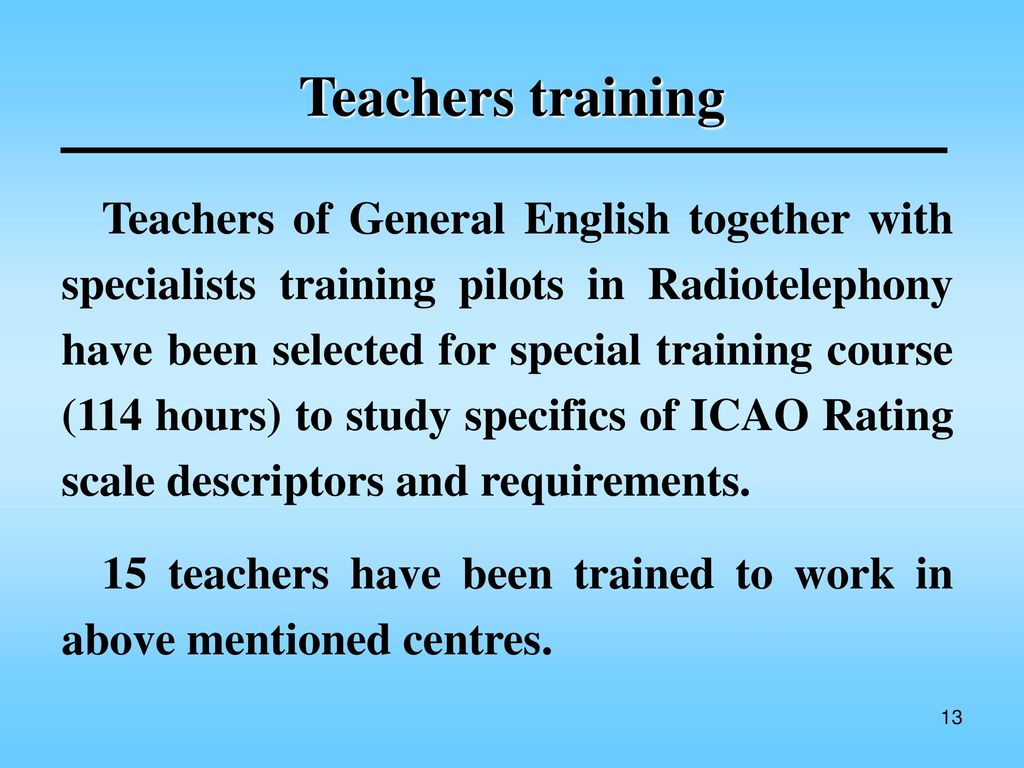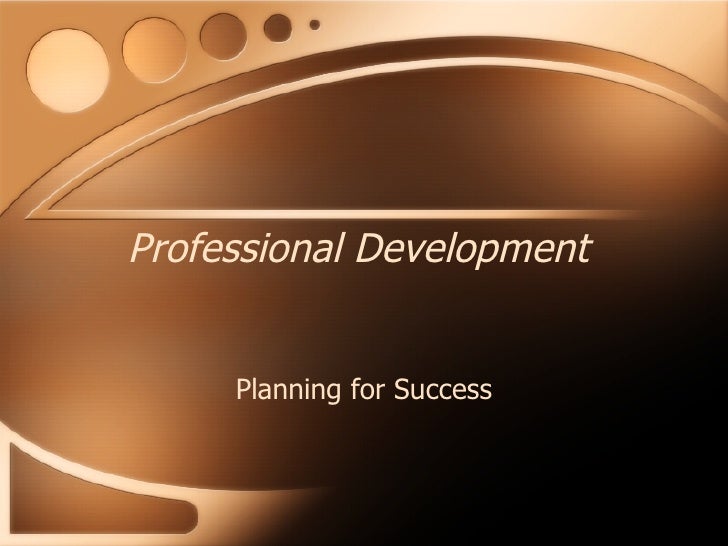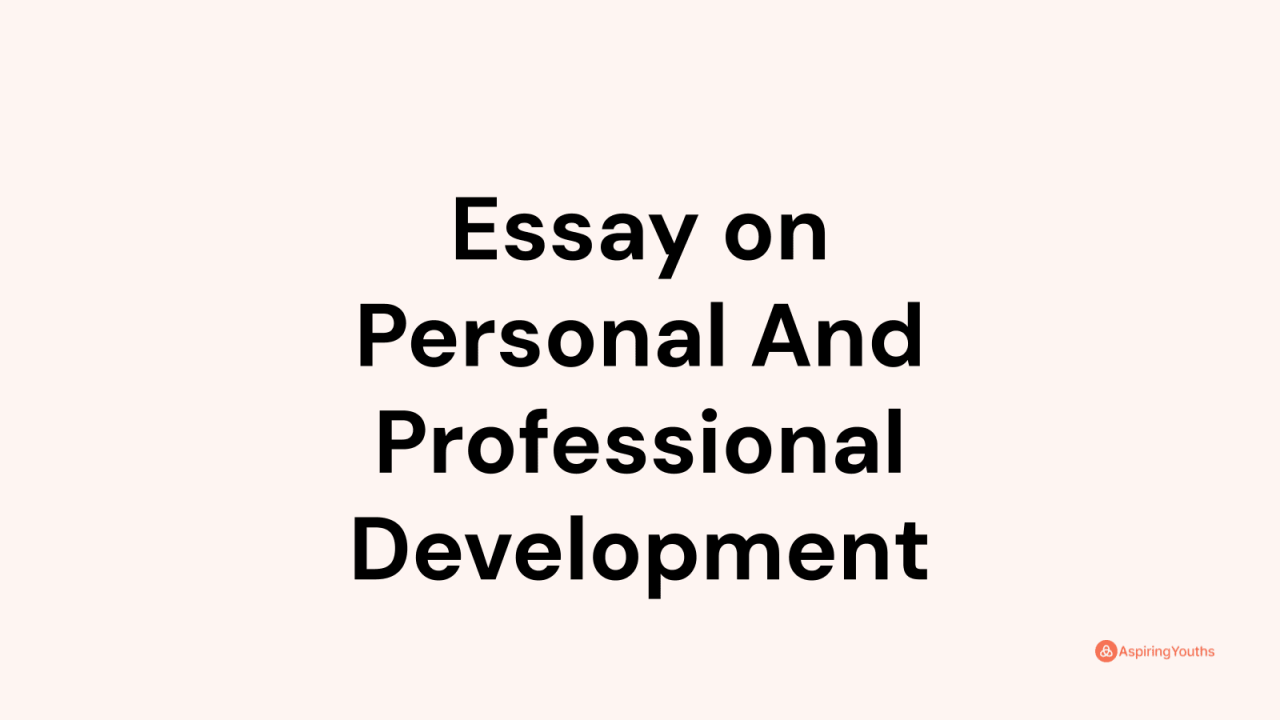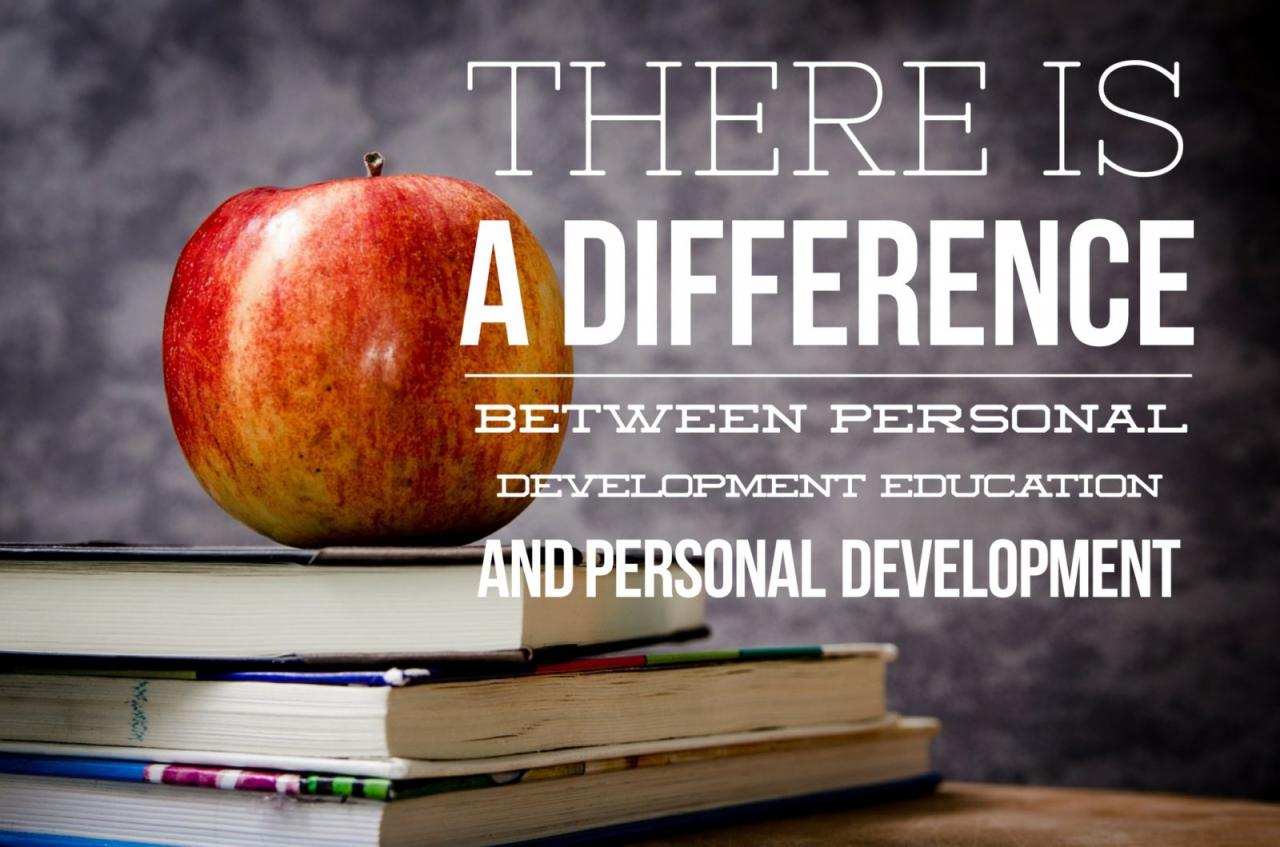Program dual degree offers a unique educational pathway, allowing students to simultaneously pursue two distinct degrees, thereby enhancing their academic and professional profiles. This innovative approach not only broadens knowledge but also equips graduates with a diverse skill set that is highly sought after in today’s competitive job market.
Enrolling in a dual degree program can provide numerous advantages, from saving time on degree completion to increasing employability in various fields. With a variety of dual degree options available—from business and law to engineering and healthcare—students can tailor their education to meet their career aspirations while gaining a comprehensive understanding of multiple disciplines.
Overview of Dual Degree Programs: Program Dual Degree

Dual degree programs offer students the opportunity to earn two distinct academic degrees concurrently, typically from different disciplines or institutions. These programs are designed to provide an integrated educational experience, allowing students to gain knowledge and skills across varied fields. The appeal of dual degree programs lies in their ability to enhance career prospects and academic credentials, making graduates more competitive in the job market.Enrolling in a dual degree program provides numerous benefits.
Firstly, students can leverage their time efficiently by completing two degrees in a shorter timeframe compared to pursuing them separately. This efficiency leads to cost savings in tuition and living expenses. Additionally, dual degree holders possess a broader skill set, which can make them more attractive to employers looking for versatile candidates. Such programs also foster interdisciplinary thinking, preparing graduates to tackle complex problems that require expertise from multiple domains.
Types of Dual Degree Programs
Various types of dual degree programs exist, catering to a wide range of academic disciplines. These programs often meld fields that complement each other, enhancing the educational experience. Below are some prominent types of dual degree programs:
- Business and Law: This combination prepares students for careers that require a robust understanding of both legal and business principles, beneficial in corporate law or compliance roles.
- Engineering and Business Administration: Students gain technical expertise alongside managerial skills, equipping them for leadership positions in technology-driven industries.
- Public Health and Social Work: This dual degree focuses on addressing health disparities through a holistic approach that combines health policy, community engagement, and social service.
- Education and Special Education: It prepares educators to meet diverse student needs, enhancing their ability to create inclusive learning environments.
- International Relations and Economics: This combination is designed for students aiming for careers in diplomacy, international development, or global economic policy.
Each type of dual degree program is structured to provide comprehensive training, making students adept in both fields. The interdisciplinary aspect of these programs not only enriches the learning experience but also opens diverse career pathways.
“Dual degree programs are a powerful way to gain diverse expertise and enhance employability in an increasingly competitive job market.”
For those looking to advance their careers in science, pursuing an msc master science can provide invaluable knowledge and skills. This advanced degree equips students with critical analytical abilities and enhances their research capabilities, preparing them for various roles in academia or industry. With a strong foundation in science, graduates can contribute significantly to innovative projects and solutions.
Admission Requirements for Dual Degree Programs
Applying for a dual degree program involves meeting specific admission requirements that can vary by institution and field of study. Prospective students must understand these prerequisites and prepare the necessary documentation to enhance their chances of acceptance into their desired programs.The admission process for dual degree programs typically involves several key steps, including submission of applications, provision of supporting documents, and sometimes standardized testing.
Below is an overview of the essential elements candidates need to consider when applying.
If you’re aiming to excel in the field of management, enrolling in a project manager master online program might be the right path for you. This flexible online option allows professionals to refine their leadership skills and gain insights into project management methodologies. It’s an excellent opportunity to balance work and study while enhancing your qualifications for future career advancements.
General Prerequisites for Applying
Before applying to dual degree programs, students should ensure they meet the following general prerequisites:
- Completion of an undergraduate degree or its equivalent from an accredited institution.
- Minimum GPA requirements, which may vary depending on the programs involved.
- Relevant coursework that aligns with the intended dual degree fields.
- Letters of recommendation from academic or professional sources.
- A personal statement or essay outlining motivations for pursuing the dual degree.
Application Process and Necessary Documentation
The application process for dual degree programs can be intricate, requiring careful attention to detail. Candidates must gather and submit the following documentation:
- Completed application form specific to the dual degree program.
- Official transcripts from all post-secondary institutions attended.
- Standardized test scores, if required by the programs.
- Resume or CV highlighting relevant academic and professional experiences.
- Interview, which may be part of the admission process for some dual degree programs.
Standardized Tests for Admission
Some dual degree programs may require applicants to take standardized tests as part of their admission criteria. This requirement often depends on the specific fields of study involved in the dual degree. Common standardized tests include:
- Graduate Record Examination (GRE) for many graduate programs.
- Graduate Management Admission Test (GMAT) specifically for business-related dual degrees.
- Law School Admission Test (LSAT) for dual degrees involving law schools.
“Standardized tests serve as a benchmark to assess the readiness of candidates for advanced study and help institutions gauge the competitiveness of applicants.”
By understanding these admission requirements, prospective students can better prepare themselves for the rigorous selection process associated with dual degree programs, ensuring they meet all expectations set forth by the institutions they wish to attend.
Curriculum Structure of Dual Degree Programs

Dual degree programs are designed to offer students a unique opportunity to pursue two degrees simultaneously, providing a comprehensive educational experience. This structure not only allows for a broad spectrum of knowledge but also prepares graduates for diverse career paths. The curriculum is meticulously crafted to ensure that students can efficiently manage overlapping requirements while gaining expertise in both fields.The typical course structure in dual degree programs integrates core courses from each degree, ensuring that students receive balanced exposure to both disciplines.
Students often complete a combination of foundational, intermediate, and advanced courses relevant to each program, along with specialized electives that may overlap. This integration enriches the learning experience and fosters interdisciplinary understanding.
Typical Course Structure in Dual Degree Programs
In a dual degree program, students usually follow a structured pathway that includes a blend of required courses and electives from both fields of study. The general structure can be Artikeld as follows:
- Core Courses: Essential courses that provide foundational knowledge in each discipline.
- Interdisciplinary Electives: Courses that allow students to explore topics that bridge both fields, encouraging critical thinking and innovation.
- Capstone Projects or Theses: Integrative projects that synthesize knowledge from both disciplines, demonstrating competence and the ability to apply learned concepts in real-world scenarios.
- Internships or Practical Experience: Opportunities for hands-on experience in both fields, enhancing employability and practical skills.
Comparison of Curriculum: Dual Degree vs. Single Degree Programs
The curriculum of dual degree programs significantly differs from that of single degree programs, primarily in its breadth and integration. While single degree programs typically focus on depth within one field, dual degree programs emphasize both breadth and connection between two distinct areas of study.
- Depth vs. Breadth: Single degree programs concentrate on an in-depth exploration of a single discipline, while dual degree programs require students to navigate two sets of curricula, offering a broader educational perspective.
- Course Load: Dual degree students often face a higher course load, requiring effective time management and organizational skills, but they benefit from a diverse skill set upon graduation.
- Flexibility and Specialization: Dual degrees provide flexibility, enabling students to tailor their education to meet specific career aspirations, whereas single degrees are more rigid in their specialization.
Integration of Coursework Between Two Degrees
Integrating coursework between the two degrees is a hallmark of dual degree programs, allowing students to efficiently fulfill requirements while enhancing their learning experience.
- Cross-Listed Courses: Some courses may count toward the requirements of both degrees, facilitating a more cohesive educational journey.
- Collaborative Projects: Joint projects that require input from both disciplines encourage collaboration and innovation, equipping students with diverse problem-solving skills.
- Shared Faculty and Resources: Access to faculty with expertise in both fields can provide unique insights and mentorship opportunities, enriching the academic experience.
“The integration of diverse knowledge is essential in today’s interconnected world, and dual degree programs exemplify this interdisciplinary approach.”
Career Opportunities with a Dual Degree
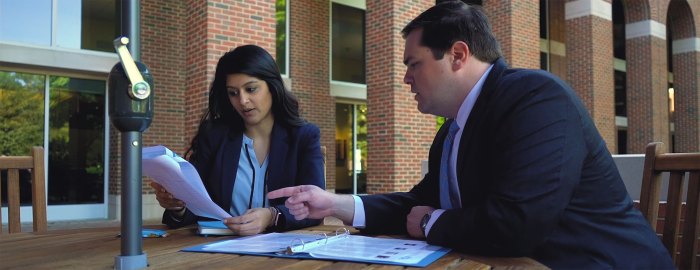
Holding a dual degree can significantly enhance career prospects in an increasingly competitive job market. As employers seek candidates with diverse skill sets and interdisciplinary knowledge, dual degree holders often find themselves in a favorable position. This section delves into the job market demand for dual degree holders, explores various professions that benefit from such educational backgrounds, and analyzes the potential salary differences between single and dual degree holders across certain fields.
Job Market Demand for Dual Degree Holders
The demand for dual degree holders has been on the rise, particularly in industries that value multidisciplinary expertise. According to a report from the National Association of Colleges and Employers (NACE), employers are increasingly looking for graduates with dual degrees due to their ability to think critically across different domains. Statistics indicate that:
- Approximately 30% of employers reported a preference for candidates with dual degrees when hiring for specialized roles.
- Fields such as healthcare, engineering, and business administration have seen a 25% increase in job postings specifically targeting dual degree graduates over the past five years.
- Job growth for professionals with dual degrees is projected to be 15% higher than for those with single degrees within the next decade.
Professions Benefiting from a Dual Degree
A range of professions benefit significantly from having a dual degree. This allows graduates to apply their comprehensive knowledge effectively, making them versatile candidates in various roles. Notable professions include:
- Healthcare Management: Individuals combining a degree in healthcare with business management can navigate both clinical and administrative roles efficiently.
- Engineering and Business: Engineers with business acumen are invaluable in project management and product development roles.
- Law and Political Science: Graduates with these dual degrees often excel in legal careers that require a deep understanding of policy and governance.
- Information Technology and Cybersecurity: Professionals with expertise in both IT and cybersecurity are in high demand due to the increasing emphasis on data protection.
Salary Differences Between Single and Dual Degree Holders, Program dual degree
The financial benefits of obtaining a dual degree can be substantial. Research from the Bureau of Labor Statistics reveals that, on average, dual degree holders earn significantly more than their single degree counterparts. The following statistics illustrate this disparity:
“On average, professionals with a dual degree can earn upwards of 20% more than those with a single degree.”
A detailed salary comparison shows:
| Profession | Single Degree Salary | Dual Degree Salary |
|---|---|---|
| Healthcare Manager | $85,000 | $105,000 |
| Project Engineer | $75,000 | $95,000 |
| Corporate Lawyer | $120,000 | $150,000 |
| IT Specialist | $70,000 | $90,000 |
This data strongly indicates that dual degree holders not only enjoy a wider array of career opportunities but also command higher salaries, making the investment in a dual degree a profitable decision for many students.
Challenges and Considerations of Pursuing a Dual Degree
Pursuing a dual degree is an exciting yet demanding endeavor that requires careful consideration of various challenges. Students who opt for this path must be prepared to navigate a range of complexities, from time management to academic workload, that can significantly impact their educational journey.One of the most significant challenges is the substantial time commitment required for dual degree programs.
Students typically face a curriculum that is not only rigorous but also extensive, often requiring them to attend classes for a greater number of hours than their peers in single degree programs. The intensity of coursework can lead to a compressed schedule that demands relentless focus and dedication.
Time Commitment for Dual Degree Programs
The time commitment for dual degree programs is often greater than that of traditional degrees. Students can expect to invest extensive hours in their studies, including class time, study sessions, and assignments.
“Students in dual degree programs may find themselves balancing the demands of two distinct academic disciplines simultaneously.”
This dual focus can lead to the following challenges:
- Increased Class Load: Students often enroll in back-to-back classes across different fields, leading to a hectic schedule.
- Extended Study Hours: The amount of reading, research, and projects can double, necessitating longer study sessions.
- Lack of Personal Time: With academic obligations taking priority, students may find that they have little time for extracurricular activities or personal relationships.
Challenges of Managing Dual Coursework
Alongside the time commitment, managing dual coursework presents its own set of challenges. The academic rigor of two disciplines can be overwhelming, and students must develop effective strategies to cope with the demands.
“Balancing coursework from two fields requires strong organizational skills and a proactive approach to time management.”
Students may encounter the following difficulties:
- Diverse Academic Expectations: Different programs may have varying grading standards and expectations, complicating the academic experience.
- Competing Deadlines: Juggling multiple due dates for assignments, projects, and exams can lead to increased stress.
- Resource Limitations: Access to faculty and academic resources may be stretched thin, making it difficult to receive help when needed.
Tips for Successfully Navigating Dual Degree Demands
To thrive in a dual degree program, students can adopt several effective strategies. These tips can help streamline their efforts while maintaining academic performance and personal well-being.
“Effective planning and resource management are key to succeeding in a dual degree program.”
Consider the following strategies:
- Prioritize Time Management: Use planners or digital tools to create a detailed schedule that allocates time for classes, studying, and personal activities.
- Seek Academic Support: Utilize academic advisors, tutoring services, or study groups to help tackle challenging subjects and share resources.
- Maintain Open Communication: Engage with faculty in both programs to clarify expectations and seek guidance on managing course load.
- Stay Organized: Keep all course materials in order and use checklists to track assignments and deadlines effectively.

